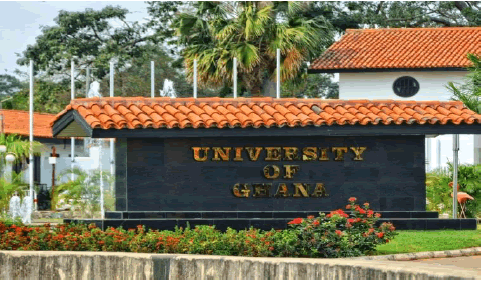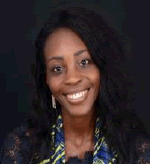Indexed In
- RefSeek
- Hamdard University
- EBSCO A-Z
- OCLC- WorldCat
- SWB online catalog
- Publons
- International committee of medical journals editors (ICMJE)
- Geneva Foundation for Medical Education and Research
Useful Links
Share This Page
Open Access Journals
- Agri and Aquaculture
- Biochemistry
- Bioinformatics & Systems Biology
- Business & Management
- Chemistry
- Clinical Sciences
- Engineering
- Food & Nutrition
- General Science
- Genetics & Molecular Biology
- Immunology & Microbiology
- Medical Sciences
- Neuroscience & Psychology
- Nursing & Health Care
- Pharmaceutical Sciences
Value Added Abstract - (2020) Volume 0, Issue 0
Beyond Religion as a Coping Strategy: The Role of Religion in Stroke Survivors
Ophelia Anarfi* and Christopher Charles Mate-KolePublished: 16-Sep-2020
Abstract
Background: Religion plays a vital role in recovery of illness of which stroke is not an exception. Religion has been used as an effective coping strategy for stroke survivors as they deal with the illness.
Aims/Objectives: To determine how religion experiences such as engaging in payers and reading of scriptures and among others have direct influence alteration of emotions as the concept of neurotheology postulates that it affects neural changes especially the functions of the hippocampus and the amygdala.
Methods: 10 stroke survivors were recruited from the Stroke Unit and the Physiotherapy Unit of the Korle-Bu Teaching Hospital (KBTH) to participate in in-depth individual interviews. The stroke survivors were asked the question “What are the religious practices, values and beliefs that are related to the culture which aids in recovery after stroke?” and how they feel after they had engaged in such experiences as well as the positive and negative impact of religion to health and recovery after stroke?”
Expected Results: It was observed that most used religion as a buffer in coping with the condition. The religious practices and experiences that related to recovery after stroke included reading and meditating of scriptures, prayers, consultation, directions from and prayers offered by pastors. The topmost impact of religion on mood as a form of recovery was the ability to remain calm, state of tranquility and a sense of inner peace and after engaging in such religious experiences.
Conclusion: Most of the religious practices and experiences were considered to aid in recovery after stroke; and most especially the role of religion serving as a source of emotional equilibrium.

Biography:
Ophelia Anarfi is a final year PhD Candidate from the University of Ghana, Department of Psychology, Legon. She has her research interest centered on Stroke, Rehabilitation and recovery. She is a beneficiary of the Building of Next Generation (BANGA) in Africa, Project, University of Ghana.

Speaker Publications:
1. Bhogal SK, Teasell R, Foley N, Speechley M. “Lesion location and poststroke depression: Systematic review of the methodological limitations in the literature”. Stroke. 2004; 35:794 - 802.
2. Verdelho A, Henon H, Lebert F, Pasquier F, Leys D. “Depressive symptoms after stroke and relationship with dementia: A three-year follow-up study. Neurology. 2004; 62:905-911.
3. Anderson CS, Hackett ML, House AO. “Interventions for preventing depression after stroke”. Cochrane Database Syst Rev. 2004; 2:CD003689.
4. Alexander CN, Langer EJ, Newman RI, Chandler HM, Davies JL. “Transcendental meditation, mindfulness, and longevity: An experimental study with the elderly”. J Pers Soc Psychol. 1989; 57:950-964.
10th International Conference on Neurological disorders & Stroke; Webinar-August 21-22, 2020.
Abstract Citation:
Ophelia Anarfi, Beyond religion as a coping strategy: The role of religion in stroke survivors, Stroke Congress 2020, 10th International Conference on Neurological disorders & Stroke Webinar- August 21-22, 2020.

